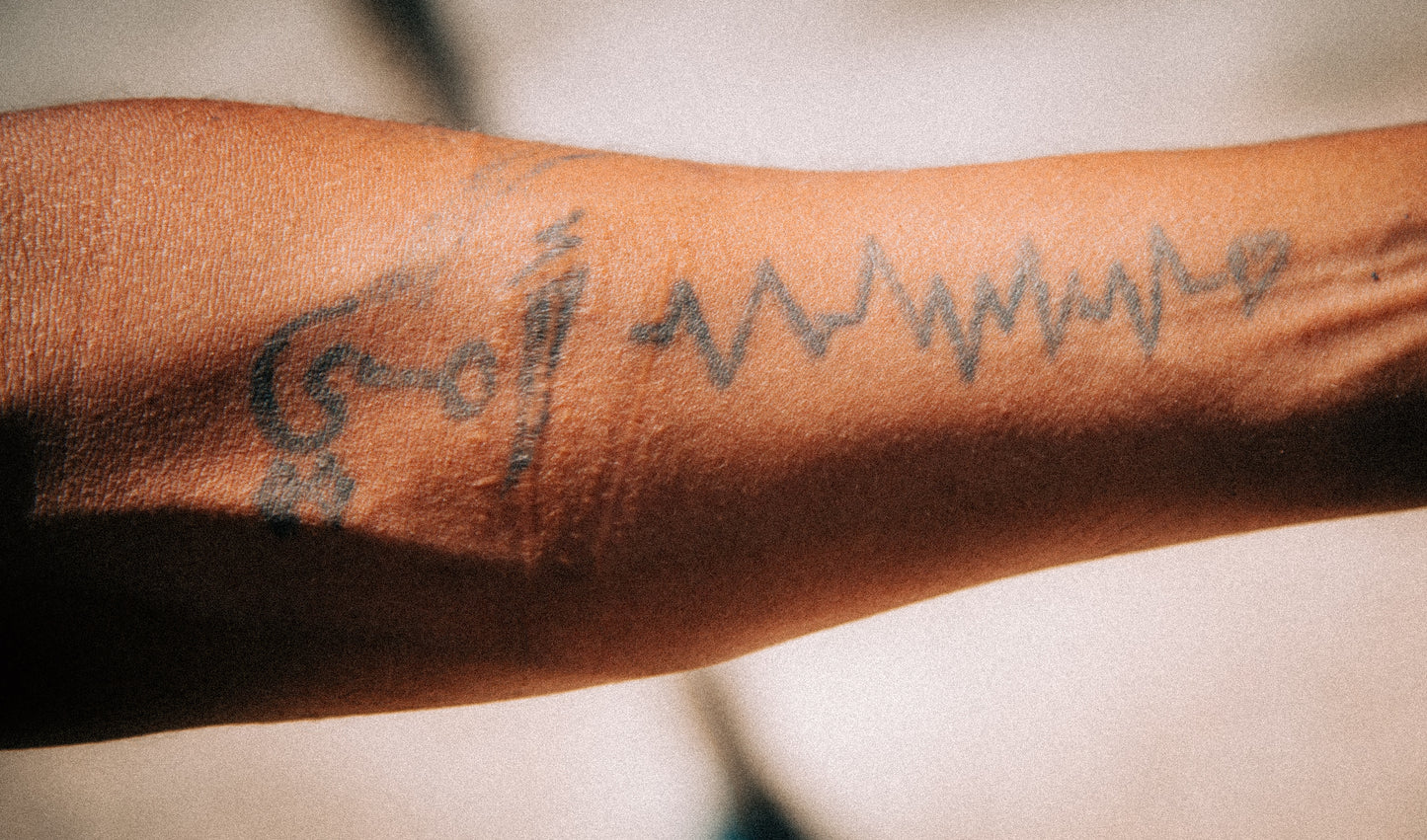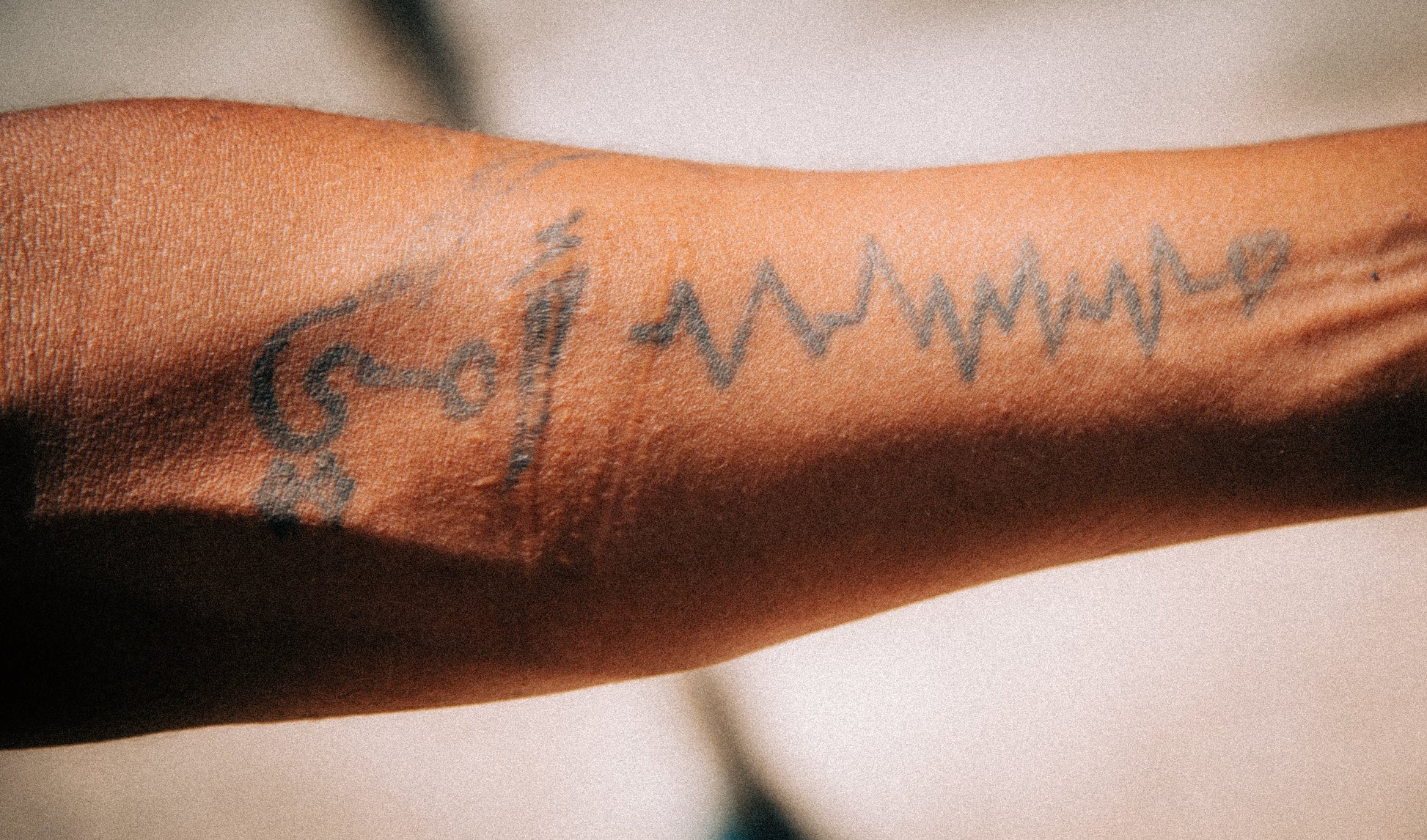B3 Academy
Unveiling the Hidden Impact of Scars Workshop (Self-Study)
Unveiling the Hidden Impact of Scars Workshop (Self-Study)
Couldn't load pickup availability
Self-study workshops allow you to learn at your own pace and do not include any live events. You will get access to workshop learning material such as manuals and video content. If you prefer to learn with us in person, book an upcoming Live Event.
This workshop explores how scars disrupt core stability and impact motor control. Scars, including surgical scars, injuries, and even tattoos or piercings, affect sensory feedback and synergistic muscles within the same kinetic chain.
Participants will learn techniques to assess scars, including palpation for depth, distance, and adhesions. The workshop aims to reactivate core muscles and fascia disrupted by scars, renewing hope for scar tissue healing and restoring movement. It highlights the often overlooked diagnostic significance of scars in pain and dysfunction.
Attendees will gain new approaches to regain motor control over scar tissue and restore function, emphasising the need to analyse scars for their impact on muscle recruitment and neuromuscular disturbances This workshop delves into the disruptive nature of scars on core stability, exploring how they alter motor control and diminish sensory feedback within affected fascial areas. From surgical scars to injuries and even tattoos or piercings, scars can impede movement efficiency and muscle contractility.
What you will learn
The aim of this workshop is to discover techniques for reactivating core muscles and fascia that have been interrupted by scars. Participants will learn palpation methods to assess scar depth, measure distance, and detect adhesions. By uncovering the potential for scar tissue healing and restoring movement, this workshop offers a renewed sense of hope. It also sheds light on the diagnostic oversight of pain and dysfunction stemming from scars.
Through innovative approaches, attendees will acquire strategies to regain motor control over scar tissue regions and restore optimal function. Regardless of scar age, it is crucial to analyze their impact on an individual's ability to recruit affected muscles, as even long-standing scars can induce neuromuscular disturbances that impede motor control.
Research shows that if the same person performs the same movement, the electrical activity measures higher around scar tissue than in the presence of undamaged skin. This suggests that muscles that have scars tend to test offline/weak because there is an overactive neural drive into the muscle, causing spasm and reducing contractility. This applies to every part of the body where scar tissue is present. If a movement or muscle tests offline and sensory input onto a scar makes it strong, it suggests that the scar tissue has an overactive neural drive and to restore balance, the myofascia around a scar needs to be worked on.
Scars are the great disruptors of core stability. Scars affect abdominal stability because scars change motor control. Sensory feedback is reduced in fascia where scars are present and even effects synergists or muscles in the same kinetic chain as scars. This includes surgical scars, tears from injury and even piercing and tattoos! In this workshop we discover the influence scars have on movement efficiency and muscle contractility.
This workshop aims to find ways to reactivate the core muscles and fascia that has been interrupted by scars. We will learn how to palpate scars to measure their depth, distance and feel for adhesions. This workshop renews hope to show that scar tissue can heal and the body can restore movement. It also awakens us to the idea that pain and dysfunction can stem from scars and is often overlooked diagnostically. You will learn new approaches on how to gain back motor control over the scar tissue area and restore your function.
Scars must be analysed regarding a person’s ability to recruit the muscles that are affected by the scar. No matter how old the scar, motor control may still be reduced because of the neuromuscular disturbance inflicted by the scar. The skin surface and the underlying fascia is the mechanism in which the nervous system communicates. In B3 practice, we emphasise the importance of scar tissue and include questioning for scars in our evaluation of clients. We look at the client as a system and not just a symptom.
Symptoms linked to Caesarean scars:
- sympathetic nervous system response - stress and anxiety
- stiffness of the spine
- headaches
- toothache
- jaw tension
- eye and vision problems
- lower abdominal pain
- pelvic pain
- links to infertility
- endometriosis
- heavy menstrual flow
- severe cramps
- pain during sexual intercourse
Fascia surrounds and wraps around organs and can give rise to symptoms in the visceral organs. An abdominal scar can build up visceral adhesions, which can affect the sympathetic nervous system, with varied symptoms such as vertebral stiffness of the spine, toothache, headache and optical symptoms due to the innervation of the vagus nerve. The scar resulting from a Cesarean section builds up myofascial tension around the abdomen and pelvis. Limited mobility of the pelvis will result in dysfunctions of the respiratory diaphragm, the thoracic outlet, the mouth floor, and the reciprocal tensional membrane. Therefore, a scar can cause a visceral problem and can change structure and posture. It is suggested that a Caesarean scar may lead to lower abdominal pain and pelvic pain, and has potential links to infertility, endometriosis, heavy menstrual flow, severe cramps, and pain during sexual intercourse.
Photo by Paradigm Visuals




